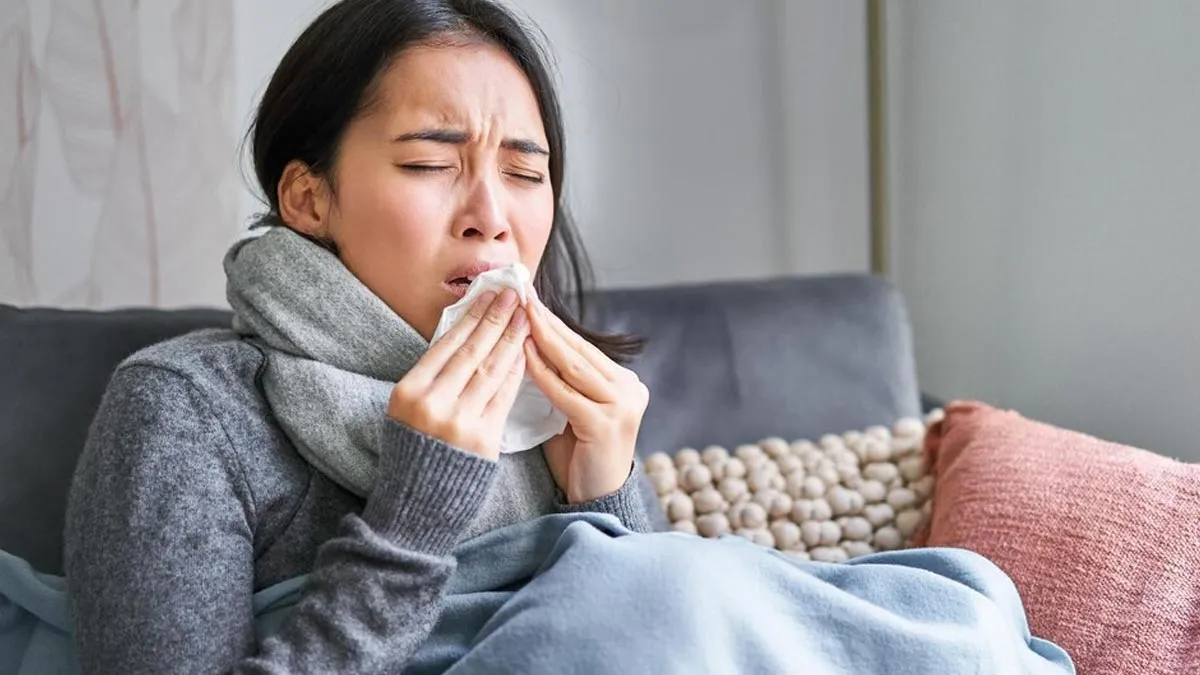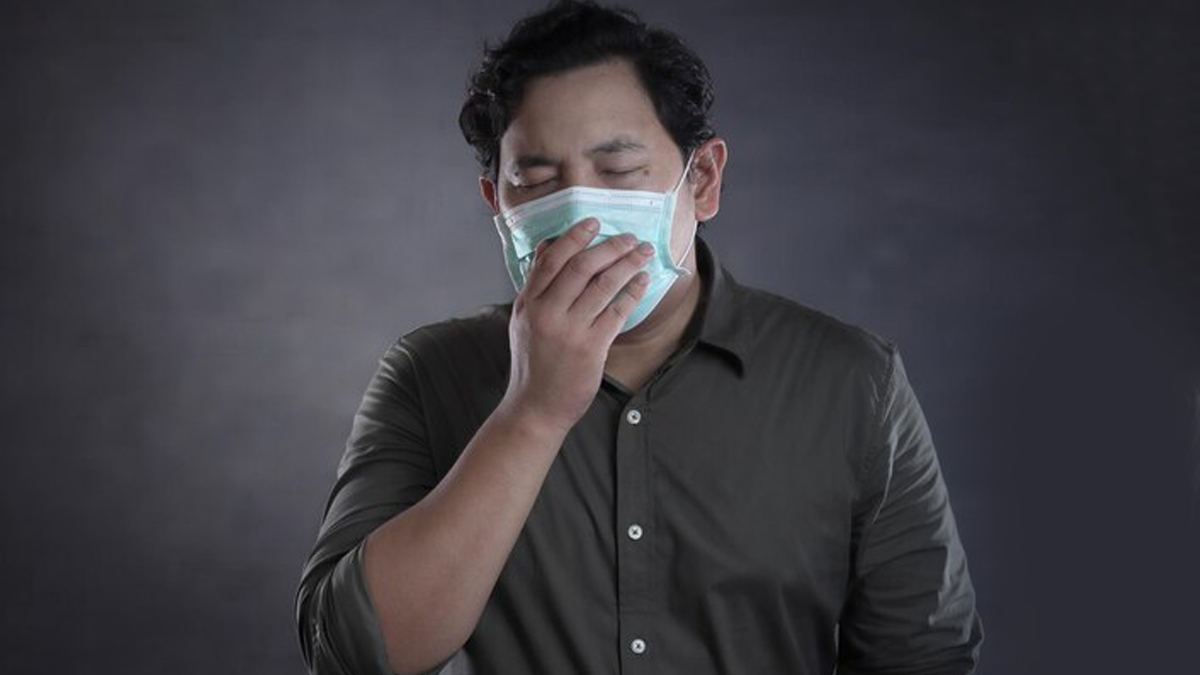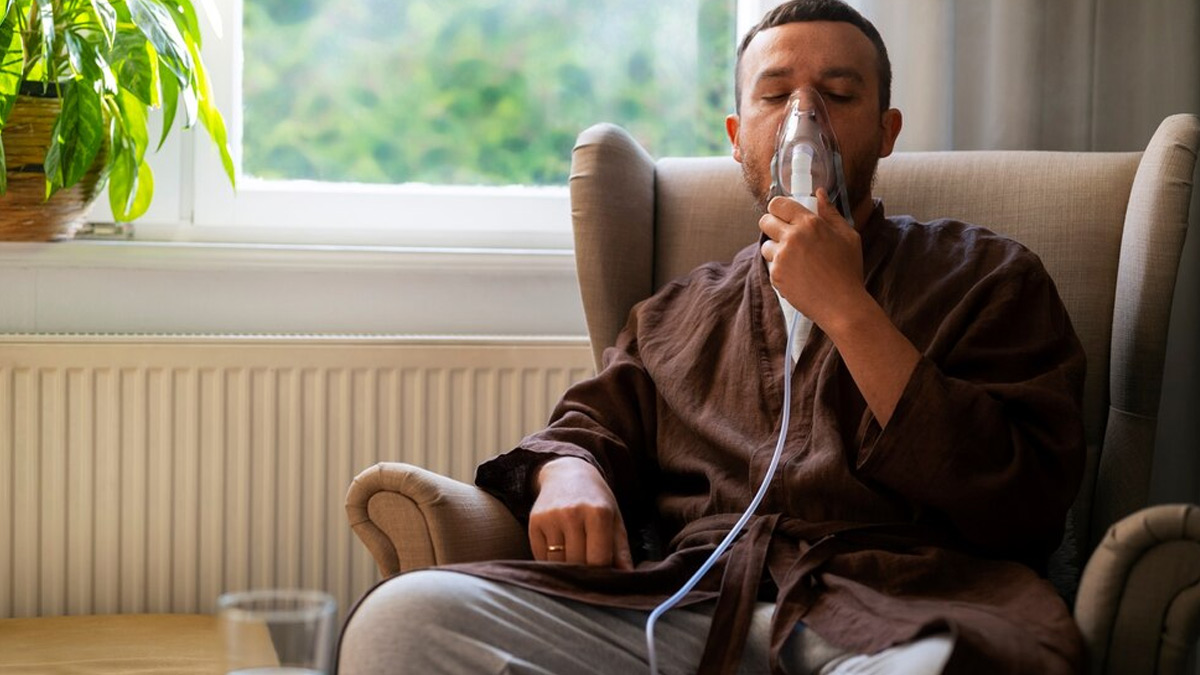
Pneumonia, a severe respiratory infection, is a significant global health challenge, particularly among children and the elderly. According to the World Health Organization (WHO), pneumonia is responsible for over 20 lakh deaths annually. One of the major contributors of pneumonia other than malnutrition, smoking, and poor healthcare access is air pollution.
Table of Content:-
“Air pollution, both outdoor and indoor, plays a significant role in the development and worsening of pneumonia. Pollutants can damage the respiratory tract, impair immune defences, and create an environment where infections like pneumonia thrive,” Dr Bhumesh Tyagi, Consultant - General Medicine and Physician, Shardacare - Health City - Noida, told OnlyMyHealth.
So, does this mean cleaner air can help reduce pneumonia cases and improve overall respiratory health? The answer is a simple yes! Since air pollution is a known contributor to pneumonia, maintaining cleaner air can play a crucial role in preventing this life-threatening condition. Read to know all about the link and how cleaner air contributes to reduced pneumonia risk.
Link Between Air Pollution and Pneumonia
“Air pollution, both outdoor (ambient) and indoor, is a leading environmental risk factor for respiratory diseases,” said Dr Tyagi, adding that Particulate Matter (PM2.5 and PM10), Nitrogen Dioxide (NO2), and other pollutants can irritate and inflame the respiratory tract, weakening the lungs' natural defence mechanisms.

Also Read: 6 Ways To Incorporate Walnut Oil Into Your Daily Routine For Better Health, As Per Experts
Outdoor Pollution
Urban areas with high levels of vehicle emissions, industrial activity, and fossil fuel use often experience elevated air pollution. Fine Particulate Matter (PM2.5) can penetrate deep into the lungs, impairing immune responses, disrupting pulmonary defences and creating a fertile ground for pneumonia infections to take hold.
Indoor Pollution
In many low-income regions, indoor air pollution is a primary concern. The use of biomass fuels (wood, coal, or dung) for cooking and heating releases harmful pollutants. The initial prolonged exposure increases the risk of respiratory infections like pneumonia, especially in children who spend more time indoors.
Additionally, according to a WHO report, exposure to household air pollution is responsible for 44% of all pneumonia deaths in children less than 5 years old.

Pollution’s Indirect Effects
Air pollution also exacerbates underlying conditions like asthma and Chronic Obstructive Pulmonary Disease (COPD), which are risk factors for pneumonia. Additionally, long-term exposure to polluted air can weaken cardiovascular and immune systems, making it harder for the body to fight the pneumonia infections.
Studies have demonstrated that improving air quality can significantly reduce the burden of pneumonia and other respiratory illnesses. “In households where clean cooking technologies replaced biomass stoves, children experienced fewer respiratory infections, including pneumonia,” Dr Tyagi shared.
Also Read: Struggling With Dry Lips Already? Here Are 6 Tips To Hydrate Them Naturally
Who is Most Vulnerable?
Children under five and older adults are particularly at risk. Young children have underdeveloped lungs and immune systems, making them more vulnerable to pollutants. For older adults, age-related declines in lung function and pre-existing conditions amplify the impact of air pollution. Pregnant women and individuals with chronic diseases are also at higher risk.
How To Achieve Cleaner Air
Reducing air pollution requires collective action from governments, industries, and individuals. But you can help yourself by making the following changes:
- Get pneumonia vaccination done
- Stay hygienic
- Limit outdoor activities during peak pollution days/hours
- Consume a balanced diet
- Control medical conditions like asthma and COPD
- Follow the GRAP - IV protocols issued by the government
Conclusion
Cleaner air isn’t just a climate goal; it’s a critical public health intervention. Reducing air pollution can prevent hundreds of pneumonia cases and save lives, particularly among the most vulnerable populations. Remember, breathing clean air is not a privilege but a fundamental right and we should all work together to reduce air pollution and breathe cleaner air.
Also watch this video
How we keep this article up to date:
We work with experts and keep a close eye on the latest in health and wellness. Whenever there is a new research or helpful information, we update our articles with accurate and useful advice.
Current Version
